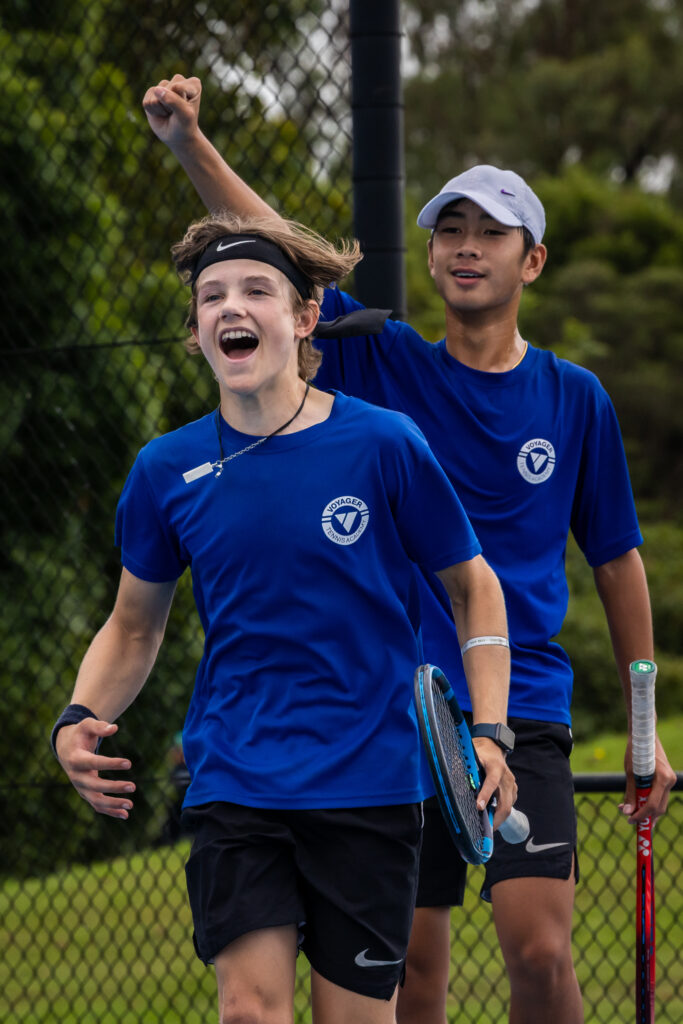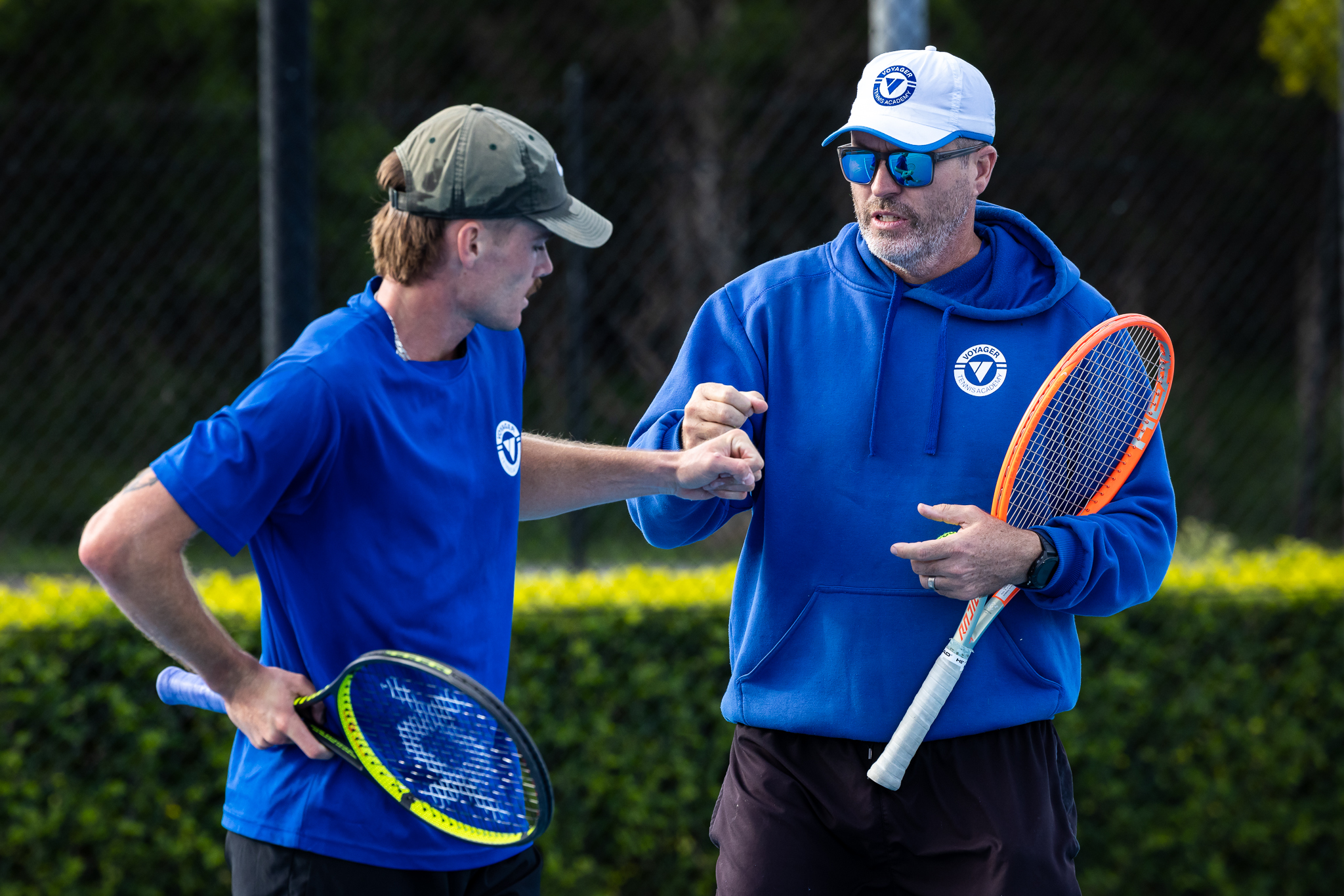As partners of Mentally Tough Tennis, we’re excited to share Anthony Ross’s key insights on the 2024 Australian Open Men’s Finals, including standout performances by Medvedev and Sinner. Kyrgios’s humorous take on technique and Sinner’s reflections on parental influence are also highlighted. Read more to learn about the mental intricacies of tennis, where resilience and strategic prowess define the game.
Setting the Stage:
What an incredible tournament…
So many close matches with the men’s event recording the most 5 setters in Grand Slam history. It really reaffirmed my belief that tennis is the greatest and most challenging sport of all. I love this game, and it really is a privilege to watch what the best players in the world are doing. For example, given Medvedev’s path to the final, I completely expected Sinner to come out and dominate.
I can’t remember a sporting example of someone being so thoroughly tested physically and mentally and performing at the level he did, playing some of the best tennis I have ever seen for 2 sets… Medvedev was simply amazing… And the way Sinner was able to hold on when it would have been so easy to fold deep in the 3rd and 4th sets, then finish the job in the 5th with such an incredible level and poise was also amazing to see.
Important Takeaways:
1. Kyrgios’s Hilarious Take on Medvedev’s Technique Makes An Important Point:
When recalling competing with Medvedev in juniors, Kyrgios said:
“He had the worst technique I’ve ever seen in my life. I honestly said that this guy should just give it up, that there was no way he was going to make it work with those things.”
This highlights that the most important components of becoming a successful professional player are the physical and mental components. Technique simply needs to be functional and repeatable.
2. The Importance of Parents:
If you haven’t yet seen his quotes, here’s what Sinner said about his parents:
“I wish that everyone could have my parents…They always gave me opportunities, they supported me, but they never put pressure on me, which is maybe the key to why I’m here today. I wish this freedom was possible for as many young kids as possible.”
Sinner’s experience highlights my thoughts that parents are the most influential single factor in whether players become professional level players.
And there are 2 basic approaches parents take to promoting on-court greatness…
Two Approaches to On-Court Greatness:
I call these ‘Healthy Mental Toughness’ and ‘Unhealthy Mental Toughness’.
Sinner’s parents’ approach, as he described it, underpinned by the 3 C’s – choice, competence, and unconditional care, highlights a style that predictably leads to healthy mental toughness.
The second approach, which less reliably leads to champion players (and often leads to junior players becoming ineffective competitors), is based on high pressure, a lack of control, and what is called in psych – conditional love, or the tendency to communicate love based on results.
Four Differences in Mental Toughness:
- What Drives The Player:
- Healthy MT: A love of competition and achievement motivation
- Unhealthy MT: Avoidance of shame, fear, and a lack of perceived personal choice over one’s life
- Success Duration:
- Healthy MT: Leads to long term success
- Unhealthy MT: Leads to short term success and then a breakdown in player mental toughness
- Internal Experience:
- Healthy MT: Life long love of the game
- Unhealthy MT: Discontent and sometimes a hate of the game because of personal meaning
- Personal Consequences:
- Healthy MT: Promotes personal well-being and skills that support success in other life domains
- Unhealthy MT: Undermines personal well-being and skills.

Challenges and Solutions:
It is, however, often a tough sell to get parents to understand their importance…and to get coaches to act on suitably informing parents of their importance. This, of course, tends to lead to undesirable outcomes for all involved.
Some years ago, I developed the Tennis Parent Support Booklet based on my 3-year PhD. Soon after, I resigned from my position as a Tennis Australia psychologist due to my belief that the organization was not suitably committed to helping parents in their roles as tennis parents.
I still believe it is so important that I advise all parents of players that I’m involved with to apply the advice in the booklet, and I recommend to every junior coach that when a junior player enters their community, it should be a prerequisite reading for parents.




